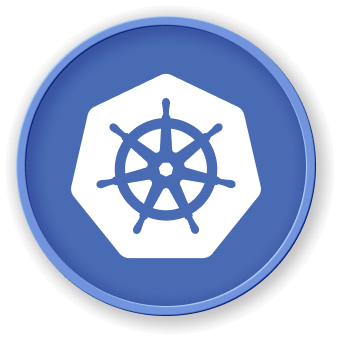Understanding Kubernetes Events
Kubernetes is a powerful container orchestration platform that manages the deployment, scaling, and management of containerized applications. At the heart of Kubernetes lies a robust event system that provides valuable insights into the state of your cluster and the applications running within it. Understanding Kubernetes events is crucial for effective monitoring and troubleshooting.
What are Kubernetes Events?
Kubernetes events are records of significant occurrences within the cluster. These events are generated by various Kubernetes components, such as the API server, controllers, and kubelet, and provide information about the state of your cluster, including:
- Resource creation, deletion, or modification
- Scheduling decisions
- Error conditions
- Resource utilization
- And more
Events are a critical source of information for understanding the health and behavior of your Kubernetes environment.
Kubernetes Event Types
Kubernetes events can be categorized into different types, each providing specific information about the state of the cluster or its resources. Some common event types include:
Normal events: These events indicate normal operations, such as successful pod creation or scaling.Warning events: These events signal potential issues, such as resource constraints or failed pod starts.Error events: These events indicate more severe problems, such as API server failures or network connectivity issues.
Understanding the different event types can help you quickly identify and address potential problems in your Kubernetes cluster.
Kubernetes Event Lifecycle
Kubernetes events have a lifecycle that includes creation, storage, and eventual deletion. Events are initially stored in the Kubernetes API server, and their lifetime is determined by the --event-ttl flag, which specifies the maximum time an event is retained. By default, events are stored for one hour, but you can configure this value to suit your monitoring and troubleshooting needs.
graph LR
A[Kubernetes Component] --> B[Kubernetes API Server]
B --> C[Event Storage]
C --> D[Event Retention]
Effectively managing and analyzing Kubernetes events is crucial for maintaining the health and stability of your Kubernetes environment. In the following sections, we'll explore how to monitor, configure, and integrate Kubernetes events with your monitoring tools.



